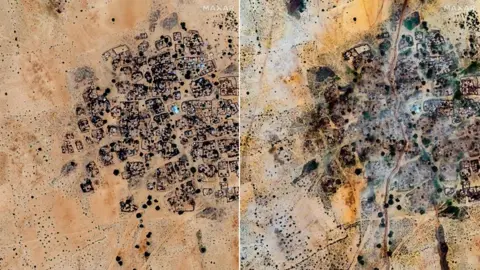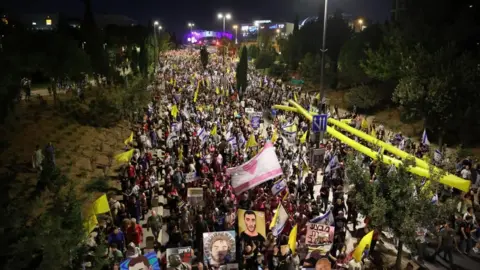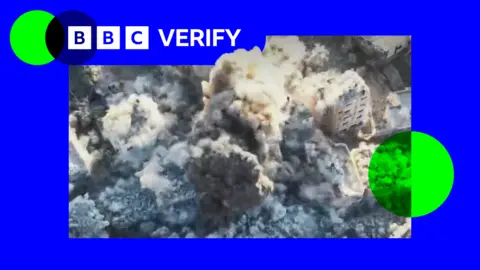Recent reports from Yale University’s Humanitarian Research Lab indicate that the Sudanese city of el-Fasher is currently encircled by a newly constructed earthen wall, intended to trap its inhabitants as conflict escalates in the region.
The HRL identified over 31 kilometers of berms extended around the city since May. El-Fasher remains a strategic point for Sudanese forces amidst their conflict with the Rapid Support Forces (RSF), who have besieged the city for more than a year.
According to local medical sources, the RSF is intensifying their offensive, leading to catastrophic consequences for civilians. Recent shelling in civilian areas reportedly killed 24 individuals, including five women, while attacks targeted essential medical facilities, exacerbating the already dire humanitarian situation.
Dr. Mohamed Faisal Hassan, representing the Sudan Doctors Network, reported on deliberate strikes on civilian targets, emphasizing the gravity of the attacks which now include critical sectors like hospitals. The HRL's findings suggest that the RSF is effectively creating a 'kill box' around el-Fasher, complicating escape routes for civilians and disrupting essential supplies.
The humanitarian crisis heightens as the RSF increases barriers complicating food and medical aid access. Many civilians, caught in the crossfire, struggle to find safe passage out of the besieged city, with reports of ongoing targeting from RSF forces for those attempting to flee.
With ongoing construction of this barrier, analysts warn that if el-Fasher were to fall under RSF control, it would grant the group significant dominance over western Darfur, potentially leading to more subdivisions within Sudan amid ongoing territorial battles. As international relief remains unreachable, the local populace faces extreme shortages and relentless violence.
Former regional officials, including Adeeb Abdel Rahman Youssef, have urged the United Nations and global leaders to intervene and protect civilians caught in this conflict-laden region. The situation drains families both psychologically and physically, leaving them at the mercy of armed factions.
This troubling scenario reveals an urgent need for international attention and aid in protecting civilians while addressing the severe ramifications of this conflict.




















